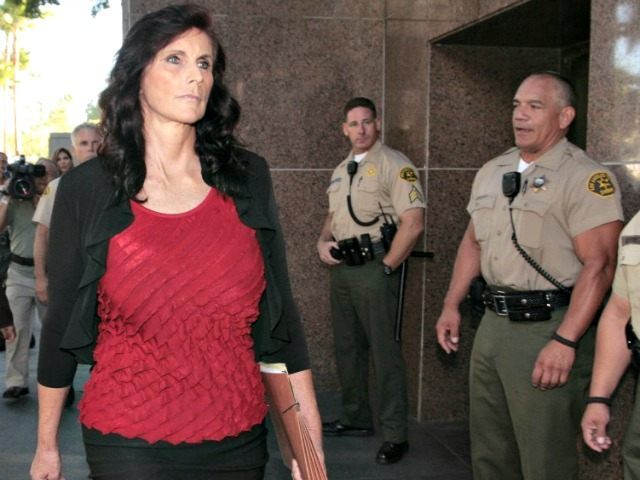On Monday, the 11-judge panel of the 9th U.S. Circuit Court of Appeals overruled a prior decision by a three-member panel of the same court that forced YouTube to take down the video “Innocence of Muslims,” which sparked condemnation among Muslims globally and was falsely cited by the Obama Administrations as the catalyst for the 2012 Benghazi terrorist attack that killed four Americans, including Ambassador Chris Stevens.
The court ruled in favor of Google, the owner of YouTube, claiming the original decision gave “short shrift” to the First Amendment and barred free speech before it had occurred. Judge Margaret McKeown, who wrote the opinion shared by nine of the ten other judges, said, “The mandatory injunction censored and suppressed a politically significant film — based upon a dubious and unprecedented theory of copyright. In so doing, the panel deprived the public of the ability to view firsthand, and judge for themselves, a film at the center of an international uproar,” according to The San Francisco Chronicle.
The injunction to shelve the film was brought by actress Cindy Lee Garcia, who said she had received death threats after she was seen in the film asking if Mohammed was a child molester. Although her voice was dubbed over, her attorney, Cris Armenta, claimed that she thought she was acting in a production of a different film, “Desert Warrior,” and also argued that she had a copyright claim to “Innocence of Muslims.”
Google pointed out that Garcia’s claim was spurious because Mark Basseley Youssef, the writer and director of the film, wrote the dialogue, dubbed her voice, and headed the production.
Armenta argued, “The decision short-changes the threats on the life of Cindy Lee Garcia who did not voluntarily participate in the hateful message that the controversial trailer about the Prophet Mohammed espoused around the world.” Garcia will not appeal because of financial considerations.
The court noted its sympathy for Garcia but posited that copyright law was not designed to protect people from her claims of harm, citing the U.S. Copyright Office’s statement that actors’ performances do not constitute a claim for copyright. The court called the result of Garcia’s line of thinking a “legal morass” in which every extra in films such as “Ben-Hur” and the “Lord of the Rings” could claim copyright privileges. McKeown wrote, “We are sympathetic to her plight,” McKeown wrote. “… is grounded in copyright law, not privacy, emotional distress, or tort law, and Garcia seeks to impose speech restrictions under copyright laws meant to foster rather than repress free expression.”
Google was joined by the Los Angeles Times, The New York Times, The Washington Post, National Public Radio, the Screen Actors Guild, Netflix, and numerous other groups in defending the right to free speech.

COMMENTS
Please let us know if you're having issues with commenting.